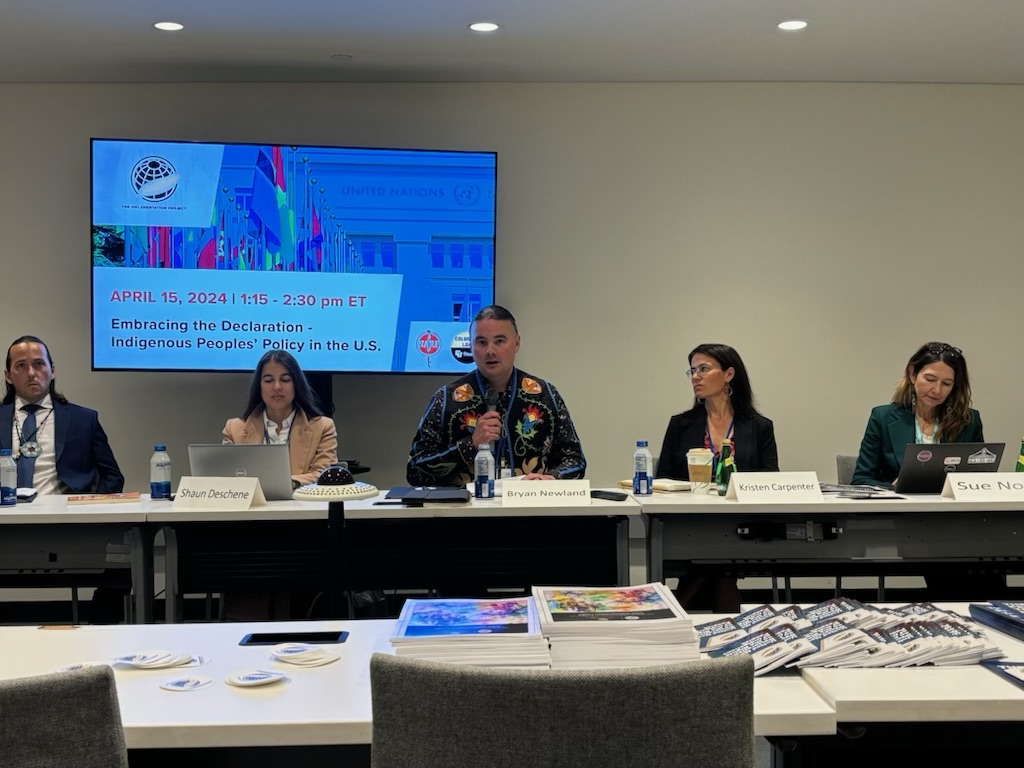
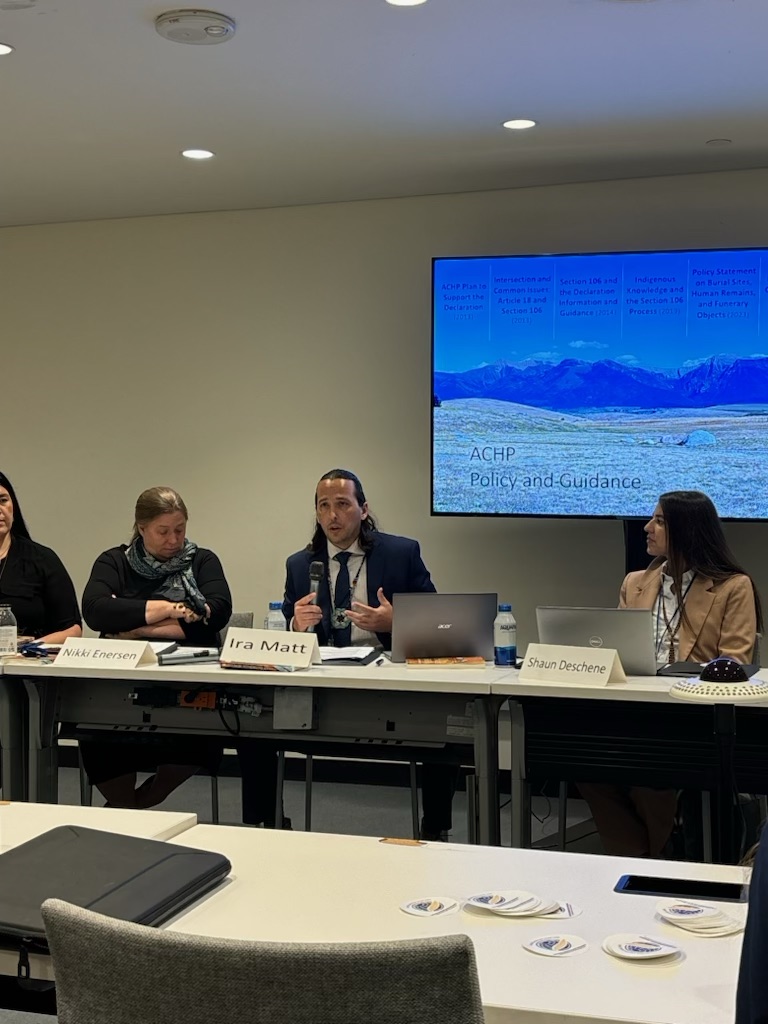

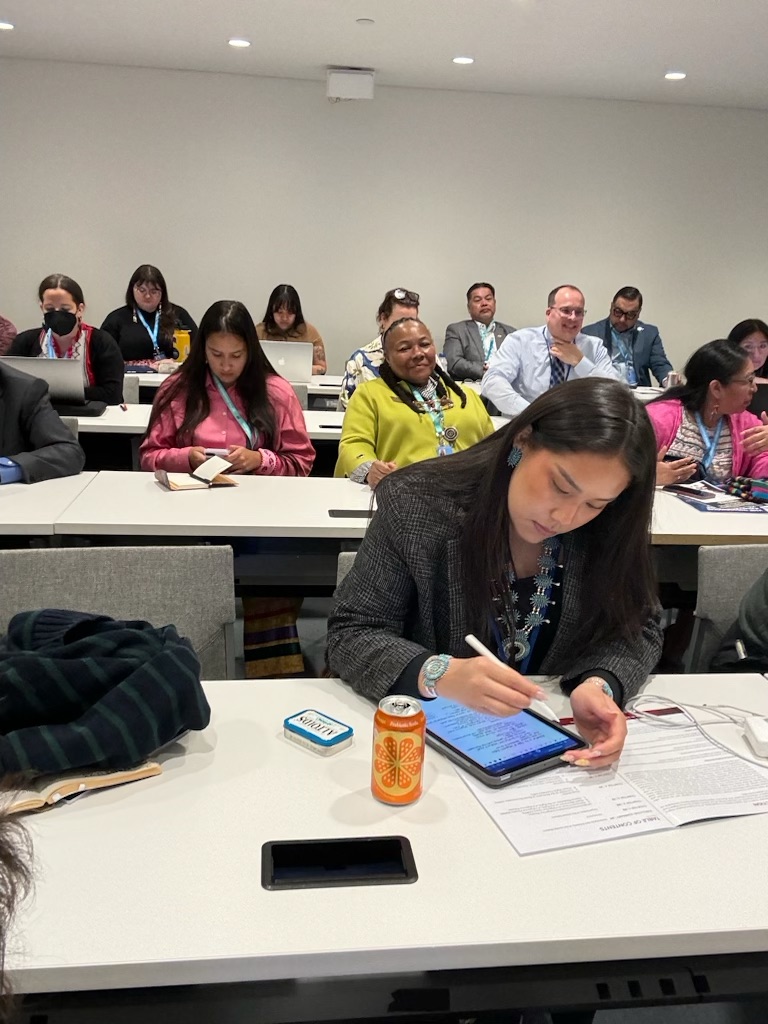




Abbey Koenning-Rutherford has published “Dishonoring the Earth: Ecocide as Prosecutable Genocide Against Indigenous People” in the Georgetown Law Journal. PDF
Here is the abstract:
Global Indigenous people exist as one with the environment, with no western binary between people and nature. Destruction of Indigenous people is reciprocal with environmental destruction. Indigenous people, though only six percent of the global population, protect eighty percent of the world’s biodiversity and occupy exceedingly environmentally vulnerable regions. Because of these reasons, the International Criminal Court (the “ICC”) could be utilized to achieve justice by prosecuting ecocide as genocide, should impacted Indigenous peoples choose to utilize it


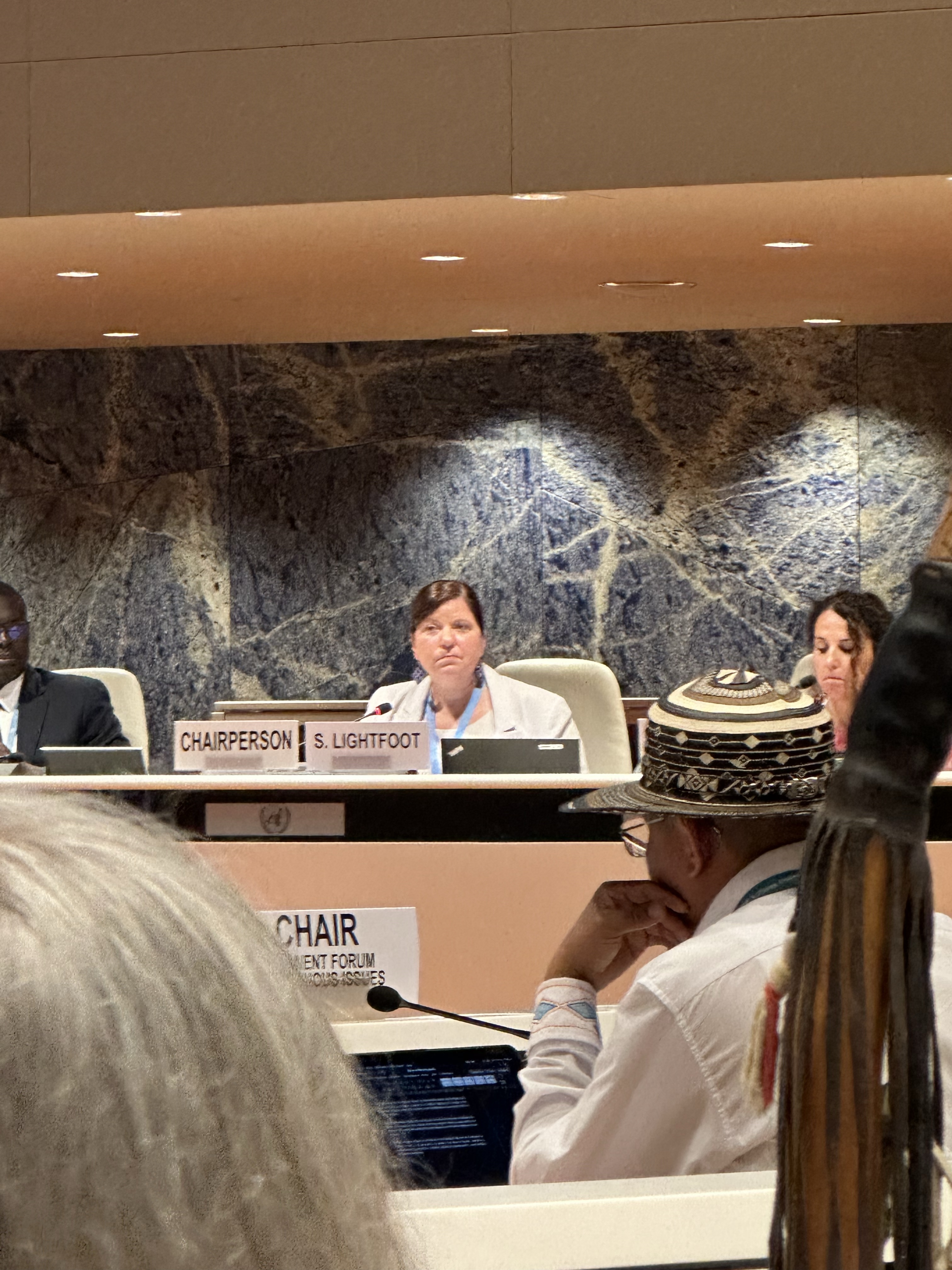
Alyssa Couchie has published “ReBraiding Frayed Sweetgrass for Niijaansinaanik: Understanding Canadian Indigenous Child Welfare Issues as International Atrocity Crimes” in the Michigan Journal of International Law.
Here is the abstract:
The unearthing of the remains of Indigenous children on the sites of former Indian Residential Schools (“IRS”) in Canada has focused greater attention on anti-Indigenous atrocity violence in the country. While such increased attention, combined with recent efforts at redressing associated harms, represents a step forward in terms of recognizing and addressing the harms caused to Indigenous peoples through the settler-colonial process in Canada, this note expresses concern that the dominant framings of anti-Indigenous atrocity violence remain myopically focused on an overly narrow subset of harms and forms of violence, especially those committed at IRSs. It does so by utilizing a process-based understanding of atrocity and genocide that helps draw connections between familiar, highly visible, and less recognized forms of atrocity violence, which tend to be overlapping and mutually reinforcing in terms of their destructive effects. This process-based understanding challenges the neocolonial, racist, and discriminatory attitudes reflected in the drafting and interpretation of the Genocide Convention and other atrocity laws that ignore the lived experiences of subjugated groups. Utilizing this approach, this note argues that, as applied to Indigenous populations, Canada’s longstanding discriminatory child welfare practices and policies represent an overlooked process of anti-Indigenous atrocity violence. Only by understanding current child welfare challenges facing Indigenous communities as interwoven with longstanding anti-Indigenous atrocity processes, such as the IRS system, can we understand what is at stake for affected communities and fashion appropriate remedies in international and domestic law.
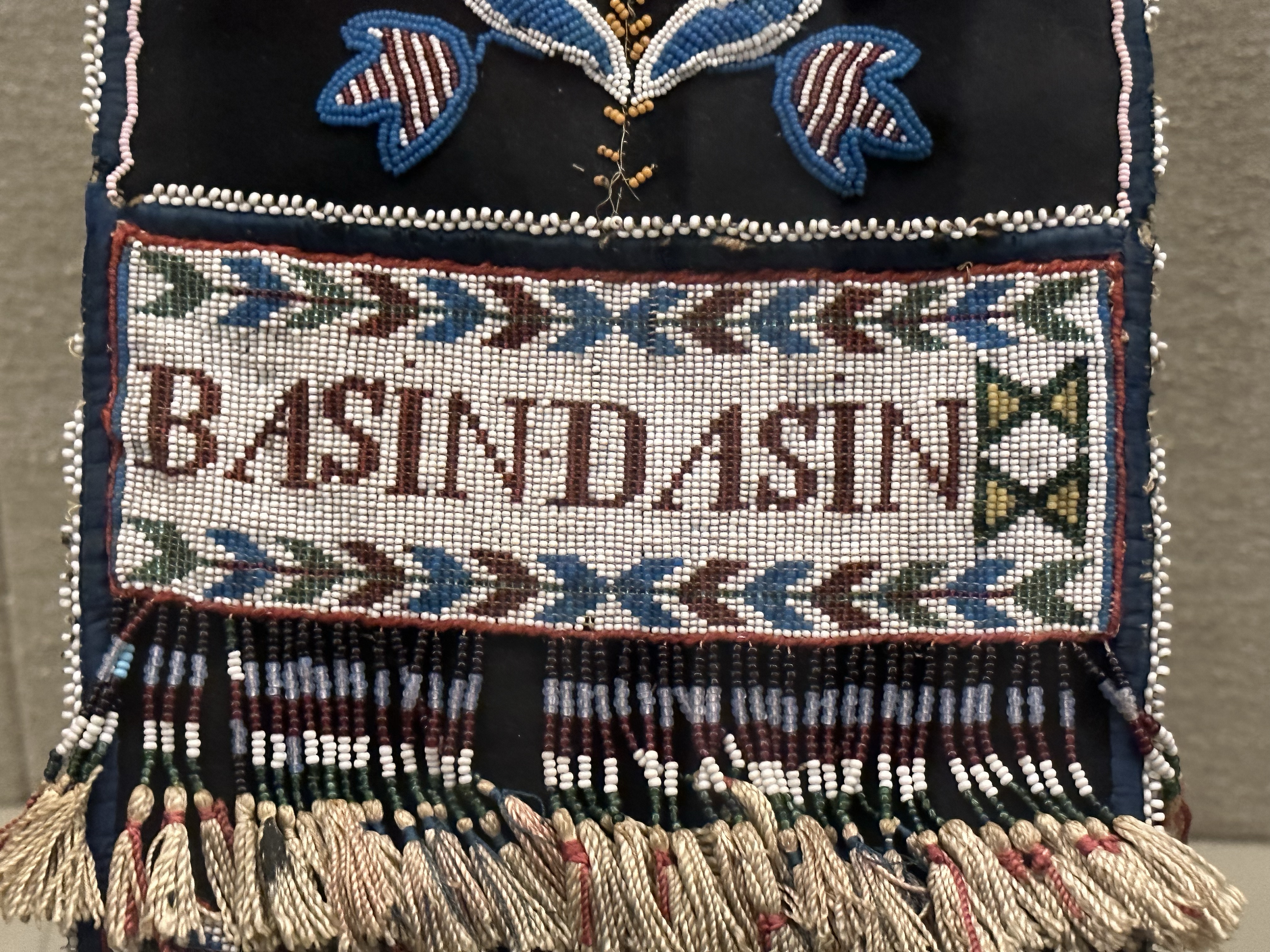

from the Project:
On April 11th, The Implementation Project will be hosting our annual preparation event focused on preparing for the UN Permanent Forum on Indigenous Issues (UNPFII). The event will take place virtually from 12:00-1:30PM (MT). We are delighted to feature speakers that have been involved in the UNPFII in a range of capacities: Ben Barnes, Chief of the Shawnee Tribe; Andrea Carmen, Executive Director of the International Indian Treaty Council; and Geoff Roth, Member of the UNPFII.
We hope you’ll join us for this opportunity to hear from our speakers about the background and workings of the UNPFII and their experiences there, and to ask questions about logistics and how to get the most out of your time at the UNPFII.
Register for the event here or by using the QR code in the attached flyer. After you register, you will receive a link to the event via email.

Panel Discussion: International Indigenous Language Rights
April 11 @ 4 PM, 555 Weiser Hall
Panelists: Diego A. Tituaña, Ecuadorian diplomat, Facilitator of the UN resolution on the Rights of Indigenous Peoples from 2014-2019, and Kristen Carpenter, Council Tree Professor of Law; Director of the American Indian Law Program, University of Colorado Law School; Moderator: Matthew Fletcher, Harry Burns Hutchins Collegiate Professor of Law & Professor of American Culture, University of Michigan
You must be logged in to post a comment.